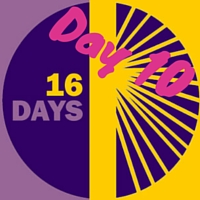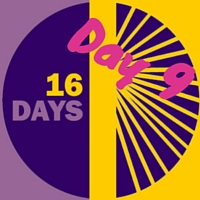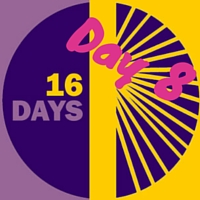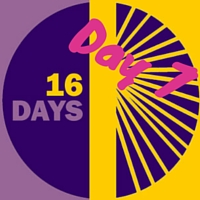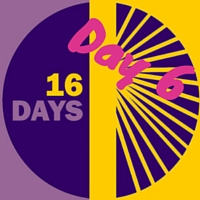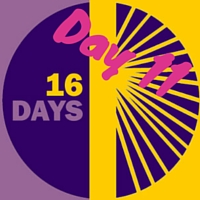
16 Days of Activism - Day 11
Women and the media
The mass media – television, internet, radio, newspapers, magazines and film – is part of our everyday life. It is a powerful tool that provides us with information and entertainment. It reflects our society and it influences the way we think. The demonstrated gender inequality in the media has significant consequences.
The current widespread access to media’s limited representations of gender can have undesirable effects. When people are repeatedly shown images of women as victims, sexualised, or in domestic roles, they are more likely to accept these images as normal. This can affect both men’s and women’s ideas about which careers women might be good at, how important it is for women to be sexually attractive, and whether women should be in positions of authority.

